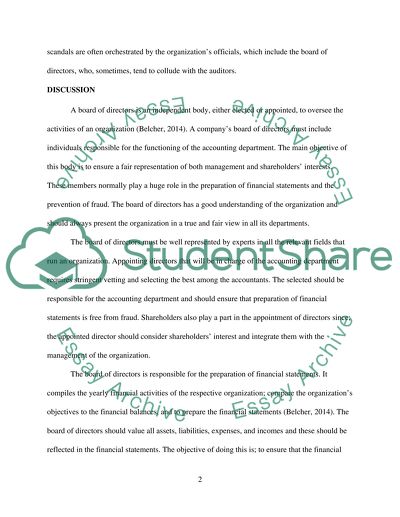Cite this document
(“Generally Accepted Accounting Principles Essay Example | Topics and Well Written Essays - 1500 words”, n.d.)
Retrieved from https://studentshare.org/finance-accounting/1633191-generally-accepted-accounting-principles
Retrieved from https://studentshare.org/finance-accounting/1633191-generally-accepted-accounting-principles
(Generally Accepted Accounting Principles Essay Example | Topics and Well Written Essays - 1500 Words)
https://studentshare.org/finance-accounting/1633191-generally-accepted-accounting-principles.
https://studentshare.org/finance-accounting/1633191-generally-accepted-accounting-principles.
“Generally Accepted Accounting Principles Essay Example | Topics and Well Written Essays - 1500 Words”, n.d. https://studentshare.org/finance-accounting/1633191-generally-accepted-accounting-principles.


